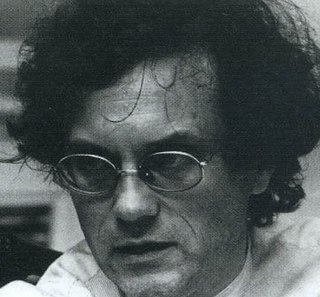A Quote by Rudolf Hilferding
As soon, however, as capitalist competition has definitively established the equal rate of profit, that rate becomes the starting point for the calculations of the capitalists in the investment of capital in newly-created branches of production.
Related Quotes
The monopoly of capital becomes a fetter upon the mode of production, which has sprung up and flourished along with, and under it. Centralisation of the means of production and socialisation of labour at last reach a point where they become incompatible with there capitalist integument. This integument is burst asunder. The knell of capitalist private property sounds. The expropriators are expropriated.
Production for the sake of production - the obsession with the rate of growth, whether in the capitalist market or in planned economies - leads to monstrous absurdities. The only acceptable finality of human activity is the production of a subjectivity that is auto-enriching its relation to the world in a continuous fashion.
Competition always tends to bring about the most economical and efficient method of production. Those who are most successful in this competition will acquire more capital to increase their production still further; those who are least successful will be forced out of the field. So capitalist production tends constantly to be drawn into the hands of the most efficient.
When you think of policies that are going to address inequality of wealth, you have to be very thoughtful about what economists call "incidence of taxes." If most of the savings is being done by capitalists, and you tax the return on capital, then they will have less to invest. That would mean, over the long run, that the rate of interest would go up. That would therefore undo some of the intent to lower the income of capitalists.
Production for sale in a market in which the object is to realize the maximum profit is the essential feature of a capitalist world-economy. In such a system production is constantly expanded as long as further production is profitable, and men constantly innovate new ways of producing things that will expand the profit margin.

































